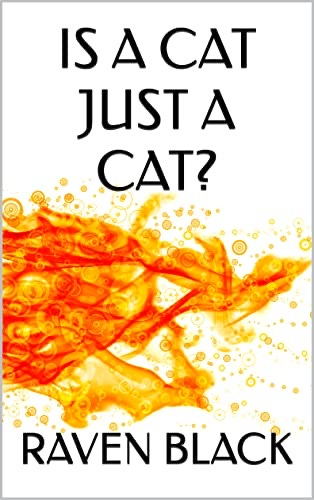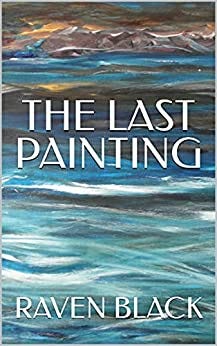All 100+ posts of The Reluctant Tarot Reader are paywall free to read. To support my work, become a paid sub or send me a coffee.
Don’t give up — but you still need to write.
Many of you want to write a book and get frustrated that it isn't finished or perhaps hasn't even begun. No writer or how-to book can tell you how. What I can do is share my experience of writing books over the last 15 years — fiction, memoir, poetry, short story, self-help — and my steps to get there. Every writer has a unique process and that doesn’t mean writing a set number of words a day. Many months can go by without me considering a book, yet when ideas arrive from the ethers, I start writing and see where it goes. Substack is a great help in that regard because it keeps my writer’s brain active.
1. I write in an attempt to heal something inside of me.
That's art. In The Last Painting, I describe it as perseverating over a piece of sand. All of my books are somewhat based on life experiences and I find different ways of expressing joys and sorrows. Those emotions refuse to be held to a publishing timeline but will emerge once it’s safe to express them. I’ve learned not to push a book.
2. I had to give up old school notions of publishing.
In no way am I discouraging anyone from finding an agent, writing queries and hoping to catch the attention of publishing houses. That was once the only path you could take — but no longer. My original draft of The Reluctant Tarot Reader did catch the eye of a big NYC agent back in 2006 but I wasn't ready for potential fame/exposure and I choked. Now with Kindle Create, your book is published in 24 hours. I wouldn’t have my enormous output if I went the traditional path because it forced me to create on my own. Publishers keep an eye on indie authors who blow up, so no loss. My gratification comes from writing and seeing how readers respond. If fame comes, great -- but that's not why I write.
3. If you’re a great observer of your inner/outer world, you’ll be a great writer. Learn to sit and watch. No phone, no distractions.
Watch people as they talk and gesticulate. Think about your relationships, especially the painful ones. Don’t be afraid to dive in — but make sure you have enough distance from the hurt. Writing is more powerful when you’ve gained some maturity. If you have something to teach, do it in a way that people can relate. They want to feel like you’re talking to them over a cup of coffee, rather than a pulpit.
That said, if you’re writing for fame and success, you will be disappointed. Write to share and heal — then let it go and write something else.
4. My books arrive in pieces. Characters, words and voices talk to me.
Fragments, conversations, memories, pictures — fleeting things I try to capture before they float away. Fortunately, they'll come back as the Muse knocks again — but I must be ready for her, even if it’s 3am.
Sometimes I have to do another form of art before I begin to write — such as painting the cover of The Last Painting. Once I have what I consider the bones of the book, then more information arrives. The character of Kat in The Last Painting literally spoke to me as I crafted the book, so that made Part II much easier to write -- but most of the time, I build from fragments.
5. I see a book in three parts: bones, skin, pretty. Kinda sounds weird - but it works.
I start with the BONES. What’s the structure that will hold the story? Foundation is crucial and can be the most difficult aspect — fusing it together.
The Last Painting was a challenge because I am a stronger memoirist than fiction writer but already knew the beginning and end of the story. The trickier part was gathering the rest of the bones!
These are questions I constantly ask when writing:
What's the structure? What am I trying to say? What would make this interesting to me as a reader? Who are these characters? Would I enjoy this book? What am I trying to say??
Once the bones are set, you work with SKIN: dialogue, scenes, character development. This fleshes out the story so you can see what works or needs to be trashed.
Then you move to PRETTY: flowing words, smooth sentences, making every word count. Then you edit and slash like a merciless mofo — before passing it to a real editor. I find pretty the easiest part, so I don't worry about beautifying if I'm still down with the bones. You can always shape pretty -- after you have a solid foundation.
6. Many of my ideas have petered out while others sit incomplete in a folder. That’s not failure. That’s called being a writer. Have patience.
You never know when your book will emerge -- this month, next June or 30 years from now. I hadn't written a book in 5 years before The Last Painting and wondered if I ever would again. I gave up the expectation and started painting again -- which played a huge role in giving birth to the words.
You never know what will inspire you to write! Be ready when it does.




